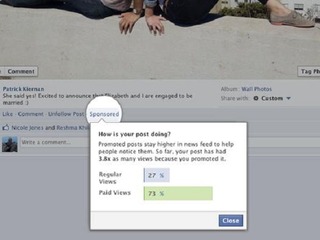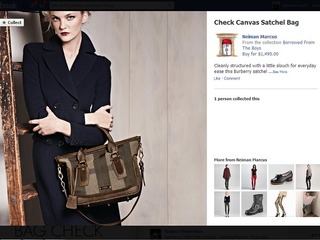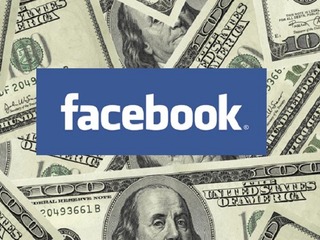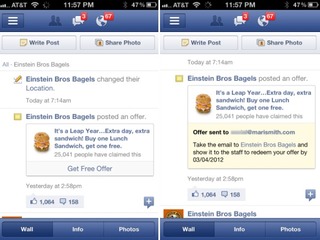The FDA outlines draft guidance on AI for medical devices
The agency also published draft guidance on the use of AI in drug development
Read more...
(Updated to reflect comment from Facebook)
Facebook has been throwing ideas out left and right to make money the last few months, including making businesses pay to run offers, allowing users to send each other real gifts, and letting people pay to sponsor their stories.
One of those new features, called Facebook Collections, a Pinterest-like way for users to buy products that Facebook began testing in early October, has been removed from the site.
The way it worked was that users would liked a certain company, let’s say Pottery Barn, images of products will show up on their news feed. If they clicked on the product and you want it, they could add it their wishlist by "liking", "collecting" or "wanting" it (Facebook said that it was trying out all three terms). Once the item had been collected, there was a button on the picture taking them an external website to purchase the item.
The service was only made available on seven retailer pages: Pottery Barn, Neiman Marcus, Victoria’s Secret and Fab.com.
TechCrunch was the first to notice that Collections had been removed, but a Facebook spokesperson says that the feature is not going away for good. Collections is being removed from the external site so that it can be enhanced, and tested on mobile.
“Product development on Collections has not stopped. Instead we have completed our initial test of Collections and are now analyzing the data to inform product development. For many of the product tests we do, we periodically pause the test to assess how to best progress with the product's rollout," a Facebook spokesperson told VatorNews.
This move makes perfect sense. It the conference call after Facebook's third quarter results, CEO Mark Zuckerberg talked about Facebook's transition to mobile.
People are only 40% likely to use Facebook on a desktop computer, he said, but 70% more likely to use FB on mobile during a given day. In addition, 14% of Facebook's ad revenue, or $150 million, came from mobile during the quarter.
If Facebook wants to grow its e-commerce wing, as it began to do by reinstating its Gift feature earlier this year, then it will have to make it work on mobile as well.
Facebook’s other revenue moves
In it’s recently released third quarter report, Facebook saw revenue that went up 32% year to year, from $954 million to $1.26 billion.
Of that $1.26 billion, 86%, or $1.09 billion, came from advertising, while revenue from payments and fees was only $176 million.
Facebook has reached one billion monthly active users, and there is no doubt that it sees a ton of potential to improve the amount of money it gets directly from those people. Accordingly, Facebook has made a series of moves that are designed to increase the amount it gets from its userbase.
First Facebook confirmed last month that it would be creating a system where its formerly free Offers program would suddenly cost businesses money if they want to run the offers in user News Feeds.
Offers were made available to any Page that has more than 400 fans, and the business were given ability to put a unique code, or a barcode, on their offers so they can more easily track how many people redeemed the coupon. On the flip side side, Facebook has also made it so that the service, which was originally free, will now cost money for businesses to run Offers in News Feeds. Businesses have to pay at a minimum of $5 for each offer, with the price going up based on the size of each brand’s Facebook page.
Then Facebook revived its Gifts service and started allowing people to buy and send each other real items, instead of virtual ones.
After that it began allowing users to pay Facebook to promote their stories by having them pushed to the top of the News Feed for a fee, reported to be $7 a post.
(Image source: https://just-ask-kim.com)
The agency also published draft guidance on the use of AI in drug development
Read more...The biggest focus areas for AI investing are healthcare and biotech
Read more...It will complete and submit forms, and integrate with state benefit systems
Read more...





